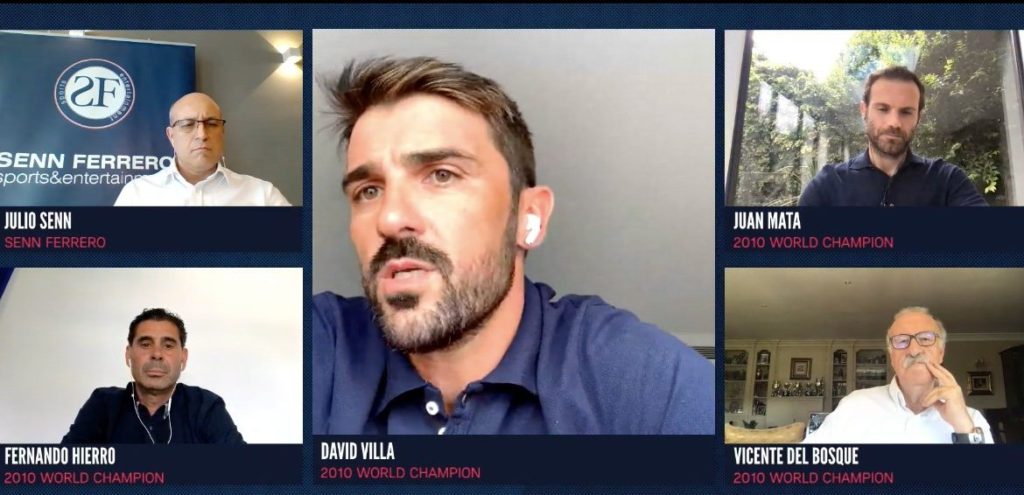I first met Izaskun Orkwis at the 1st International Conference of Economic, Business, Financial and Institutional Translation, when my only institutional client was the OECD. Since then, she’s given me some great advice on how to get my feet in the door of international institutions.
In an article for the latest edition of the ATA Chronicle, Izaskun draws on her experience with international institutions to explain some of the quirks of working for them and how to ensure your translation is fit for purpose. The article is packed with pearls of wisdom. Here, I highlight just a few, with some additional remarks based on my own experience:
“the different language versions must match exactly, including all nuances and formal structure…replacing parentheses with commas may be fine in other contexts, but not in institutional translation”
“There will be humongous databases and parallel corpora that will be both a blessing…and a curse (sometimes you must reuse previous language, unchanged).”
Sometimes I’ve translated 3,000 word documents in 15 minutes, as nearly the entire document is a recycled version of an old one in the translation memory. But as Izaskun says, sometimes the databases are a curse. This is especially true when you find inconsistencies in the memory and you spend far more time deciding which previous version to use than you would have spent just translating it from scratch.
“the institutional translator must…lose their individual voice…the translated document, just like the original, belongs to the institution, which is its sole author”
“the institutional translator must…adopt the institution’s working methods”
The latter is particularly challenging for those of us who do short-term contracts for various institutions, as the working methods vary from one institution to another. To give just one example, the World Trade Organization uses Trados Studio (with two different workflows, depending on the type of document), whereas the United Nations Office at Geneva has its own computer-assisted translation tool that runs in the browser. Some institutions require you to upload your translation to a portal; others ask you to save it to a shared network drive.
“the institutional translator must…adhere to vetted terminology”
Izaskun goes on to say that you should consult a terminologist if you feel the need to depart from the vetted terminology. In the work I’ve done, I tend only to have to consult one of the revisers, not a terminologist.
Sometimes the solution in the terminology database is not what the more senior translation staff actually use. In such cases, if I were working at home, with my own setup, I would quickly edit the entry in my termbase, but in an institutional setting, terminology vetting is a complex process and it can take a long time for the entry to be corrected. It gets even more complicated if you suggest a change to the editorial manual. Since it is used by all the UN offices, someone in Geneva can’t just change something without consulting colleagues in New York, Nairobi and elsewhere, which is perhaps why we’re still not allowed to make country names possessive, despite the fact that every UN translator I’ve ever spoken to hates the rule!
“whenever there’s a quote from or a reference to a previous document, no matter how long or short, you must assume there exists a previous translation that needs to be found and reused”
Continue reading →



